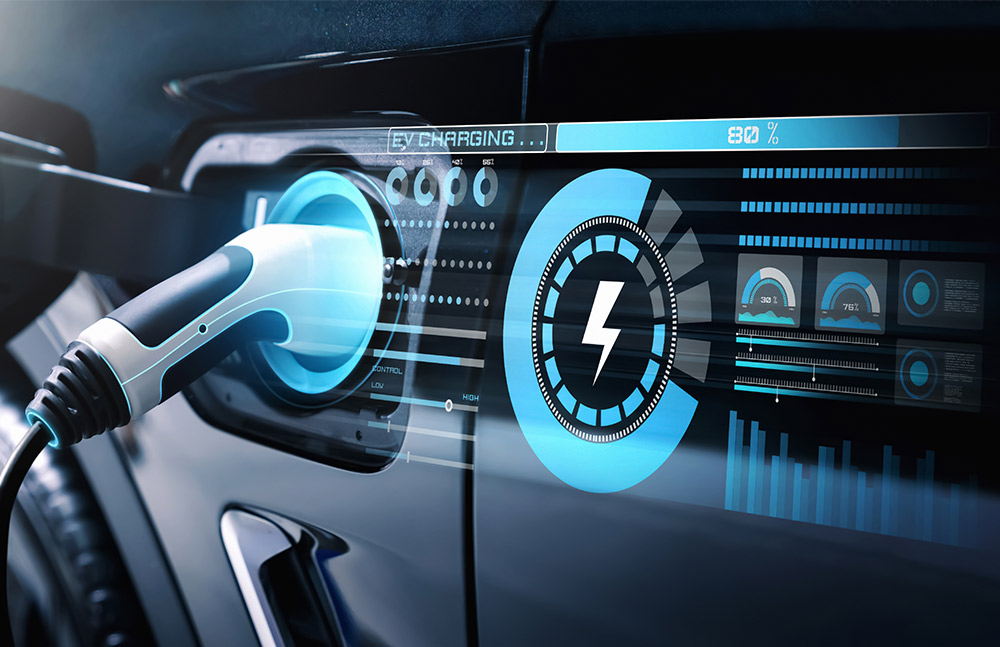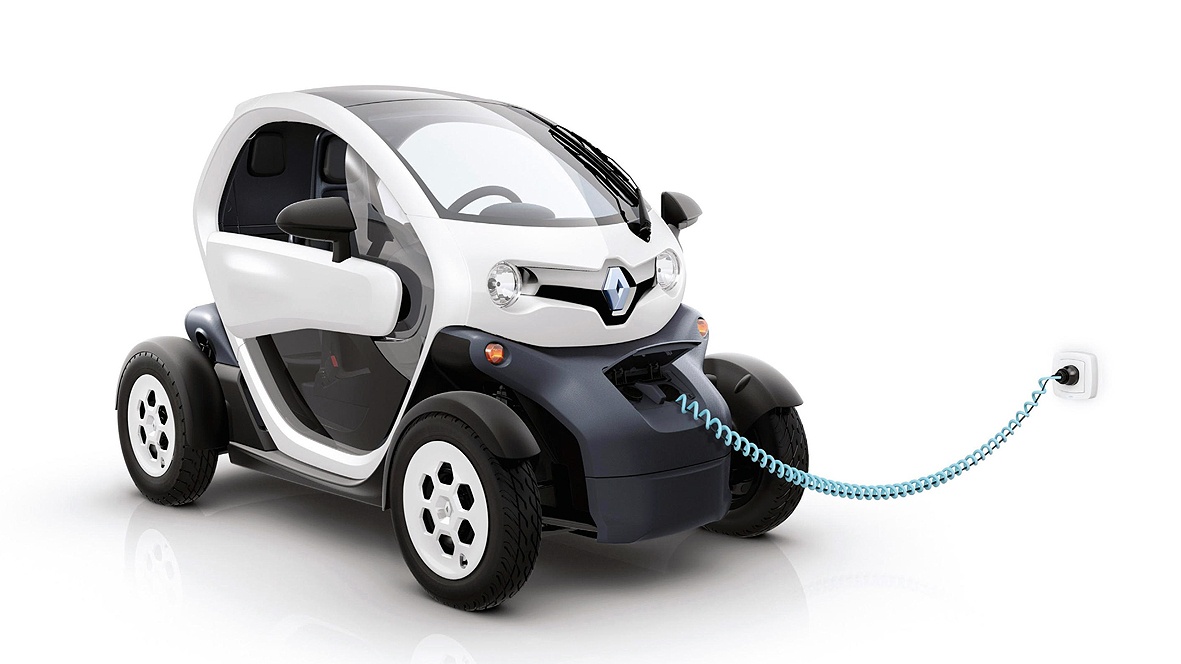
Table of Content
▼Electric vehicles (EVs) have made a huge impact in recent years, and many have truly called them the future of mobility. In addition to offering notable advantages to their users, electric cars are also beneficial to the environment. To further incentivize people to buy e-cars, the Gove
ment of India is offering various subsidies under the Faster Accreditation and Manufacturing of Hybrid and Electric Vehicles in India (FAME) program.
It appears to be a win-win situation in more than one case for regular users, as you can contribute to the environment while traveling to the office. But remember that electric cars are not the same as petrol or diesel cars, and before you rush into buying one, consider these factors.
Choose the right driving range: Driving range is the most important factor to consider before buying an electric car. Your electric vehicle will go as far as its battery will allow on a single charge. You don't have to worry too much about this with conventional vehicles because you can easily refuel them at the next service station. But this is not the case with charging stations. Their numbers are gradually increasing all over India, but you will still find it difficult to locate them near you.
Electric vehicles can be charged in two ways: fast charging and slow charging. In fast charging, it usually takes 60-120 minutes to charge your car. Slow or alte
ate charging takes more than 5-6 hours.
Automakers also provide specific driving range figures, but to get a clearer idea, you need to look for realistic ratings. In general, an electric vehicle with a driving range of 100 km should be enough for your trip to the office, but if you are looking to travel between countries, there are some high-end cars that can offer a driving range of more than 400 km.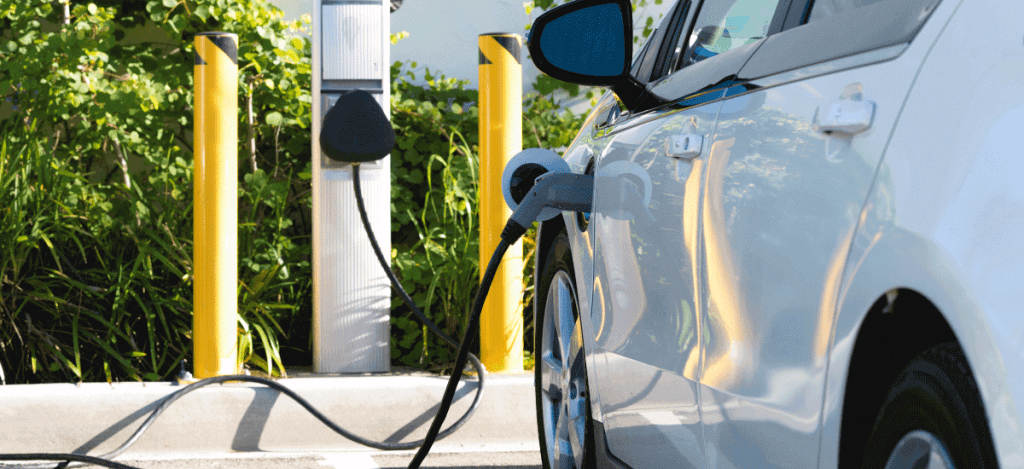
Tax and price advantages: Electric cars have a high price. Thanks to complex technology and expensive batteries, electric cars are much more expensive than conventional cars. A small electric hatchback can cost you more than Rs. 7 lakh.
To lighten the burden, you can take advantage of gove
ment benefits and incentives and lower the overall cost of your vehicle. Check out all the incentive schemes and benefits, such as the reduced GST. You can also discuss these aspects in detail with car dealers to get a clear idea. Remember that due to their high prices, electric cars have not yet been able to attract many customers. Efforts are underway to replace cobalt batteries with nickel batteries, but it may be a few years before we see that happen.
Specifications and Software Updates Pay attention to the specifications to choose an electronic vehicle that suits your needs because they are available in a wide range of battery packs and electric motors. A weak electric car can ruin your aspirations and cause you a lot of trouble.
Things that ensure a smooth ride in an electric car are in the technical details; Review it carefully. Once you have the vehicle, always keep an eye out for software updates. Due to its complex and advanced technology, manufacturers regularly release software updates or patches to improve performance. These updates are usually offered free of charge to owners, but in some cases, manufacturers charge a fee for them. They are essential to ensure your vehicle is 100% efficient.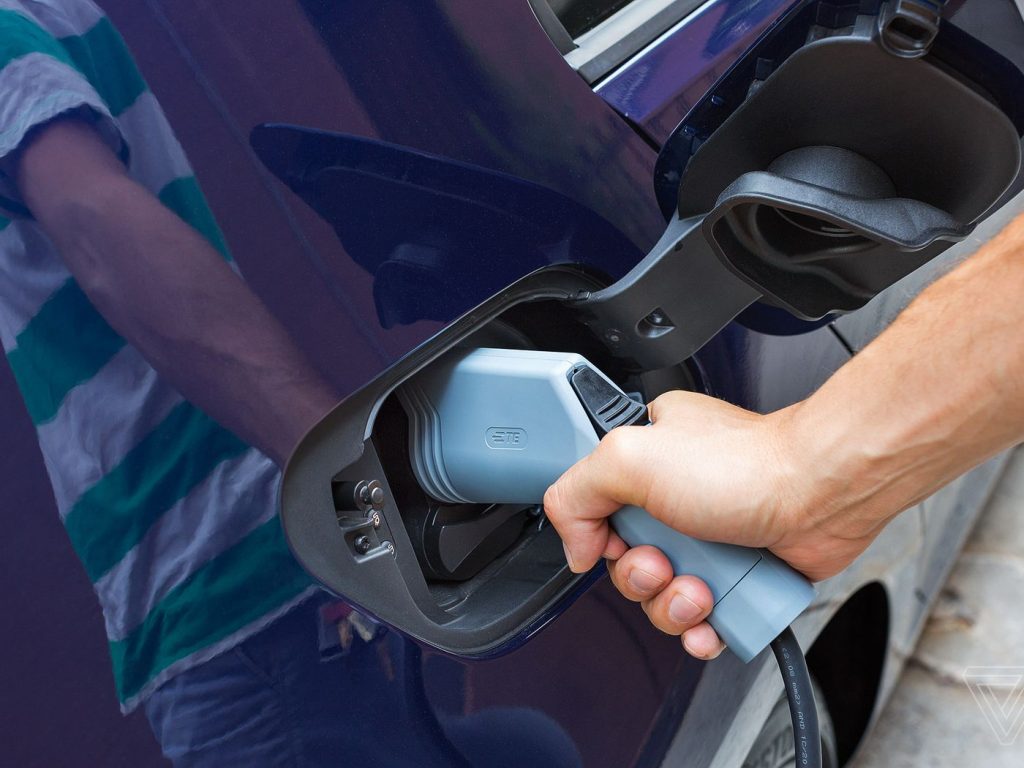 electric vehicles
electric vehicles
Charging infrastructure and battery life: You may see electric vehicles dominate the passenger car market for years to come, but the country's charging infrastructure is currently insufficient. There are charging stations in major cities, but you won't find any in rural India. Consider this fact before making your final decision.
Like the inte
al combustion engine in a conventional car, the battery is the heart of your electric vehicle. These batteries are expensive and replacement can cost a lot. Pay close attention to battery life before investing in an electric car.
Maintenance and Other Costs Owning an electric vehicle mean that you have to maintain it properly to ensure reasonable efficiency and longevity. Any kind of delay in maintenance can cost you dearly because spare parts for these vehicles are very expensive compared to conventional cars. This technology is still in its infancy in India and can only be handled by a few mechanics.
Manufacturers also provide maintenance services, but this will cost you a lot. Depending on the charging infrastructure in your city, additional costs can rise significantly because you need to spend extra money on installing a home charger or charging station. Also, there is a maintenance cost for the charging station that will come with it.
Electric Car Makes and Models: You don't have many electric car options in India. There are only a few options available at the moment, and you can finish off with the most appropriate option based on affordability. According to the CarDekho website, there are currently 9 electric cars for sale in India. Of these, Strom Motors R3 is the cheapest electric car, while Mercedes-Benz EQC is the most expensive electric car in India. Upcoming electric vehicles in India include the Audi e-Tron GT, Mercedes-Benz EQA, and Renault Zoe, among others.
| Model | Ex-showroom price |
| Tata Tigor EV | Rs. 11.99 - 13.14 Lakh* |
| Audi e-tron | Rs. 99.99 Lakh - 1.17 Cr* |
| Tata Nexon EV | Rs. 13.99 - 16.85 Lakh* |
| Jaguar I-Pace | Rs. 1.05 - 1.12 Cr* |
| Strom Motors R3 | Rs. 4.50 Lakh* |
Also Read: 2021 BMW X5 xDrive SportX Plus Launched In India; Starting Price ₹ 77.90 Lakh
Mehul Jain
EV Specialist & Clean Mobility Advocate. Mehul Jain is an expert in India’s evolving electric vehicle ecosystem, with a focus on EVs, charging infrastructure, and sustainable mobility. His articles cover everything from government subsidies to range insights, helping readers navigate the shift to cleaner transportation.
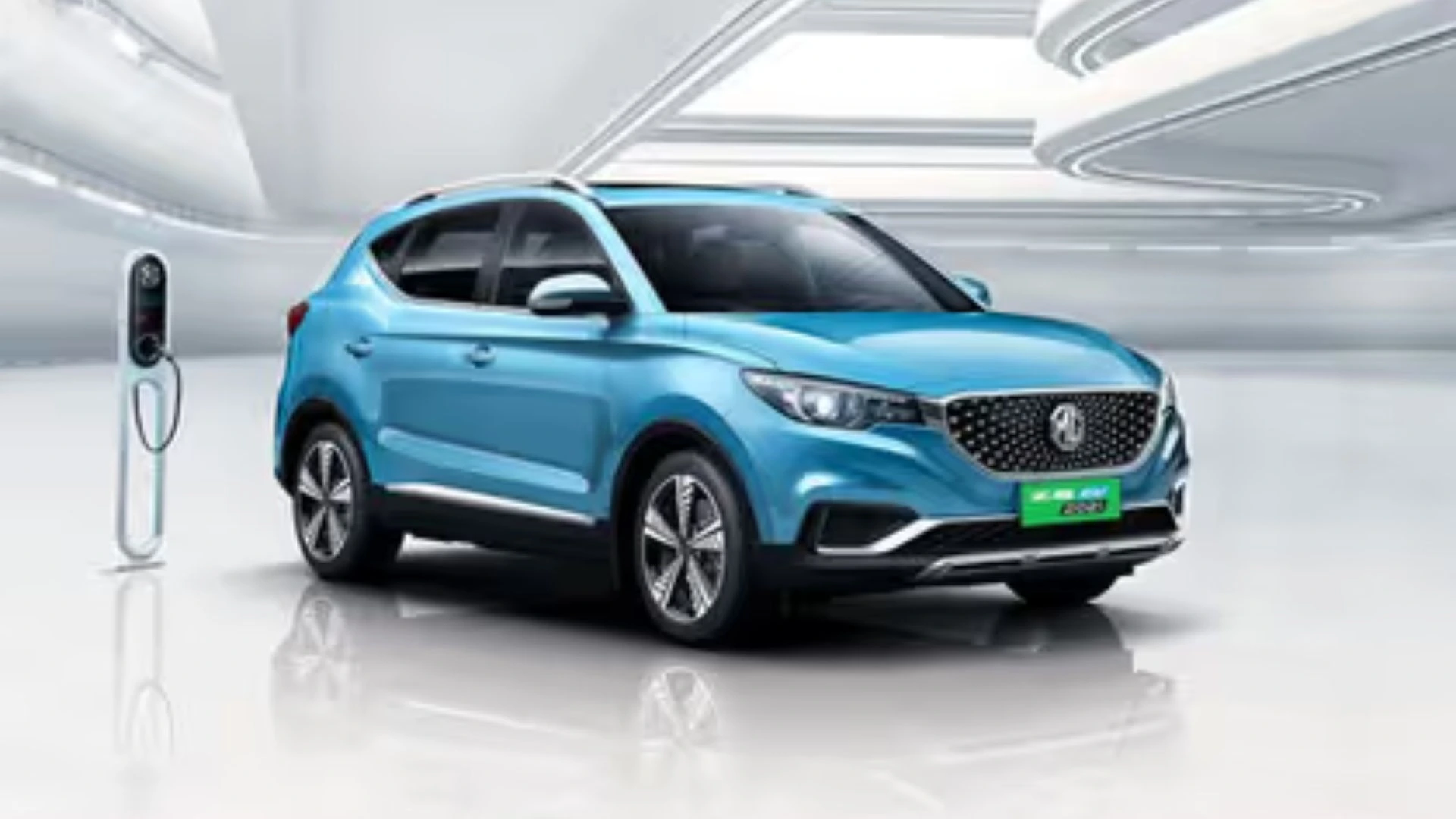
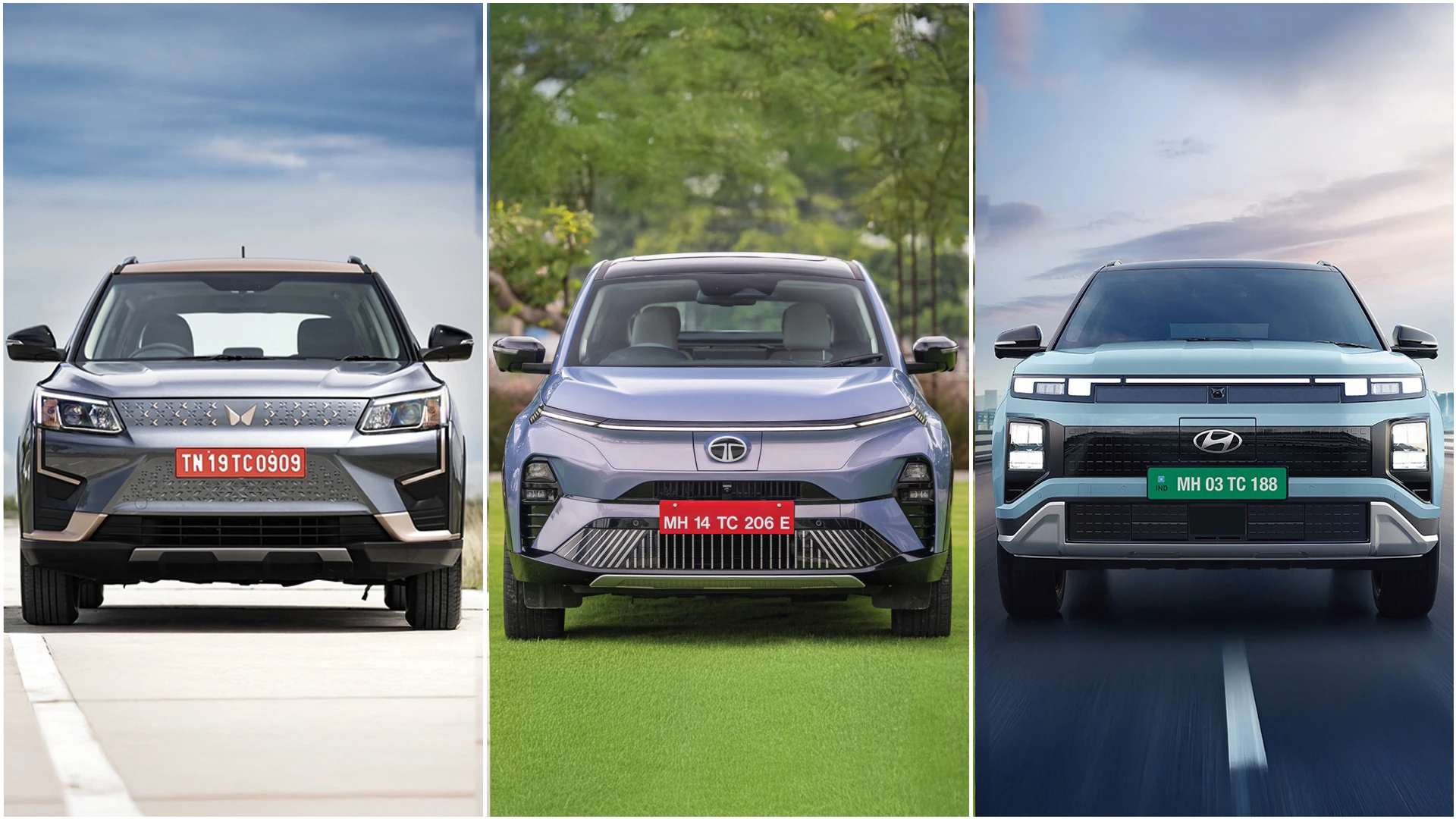
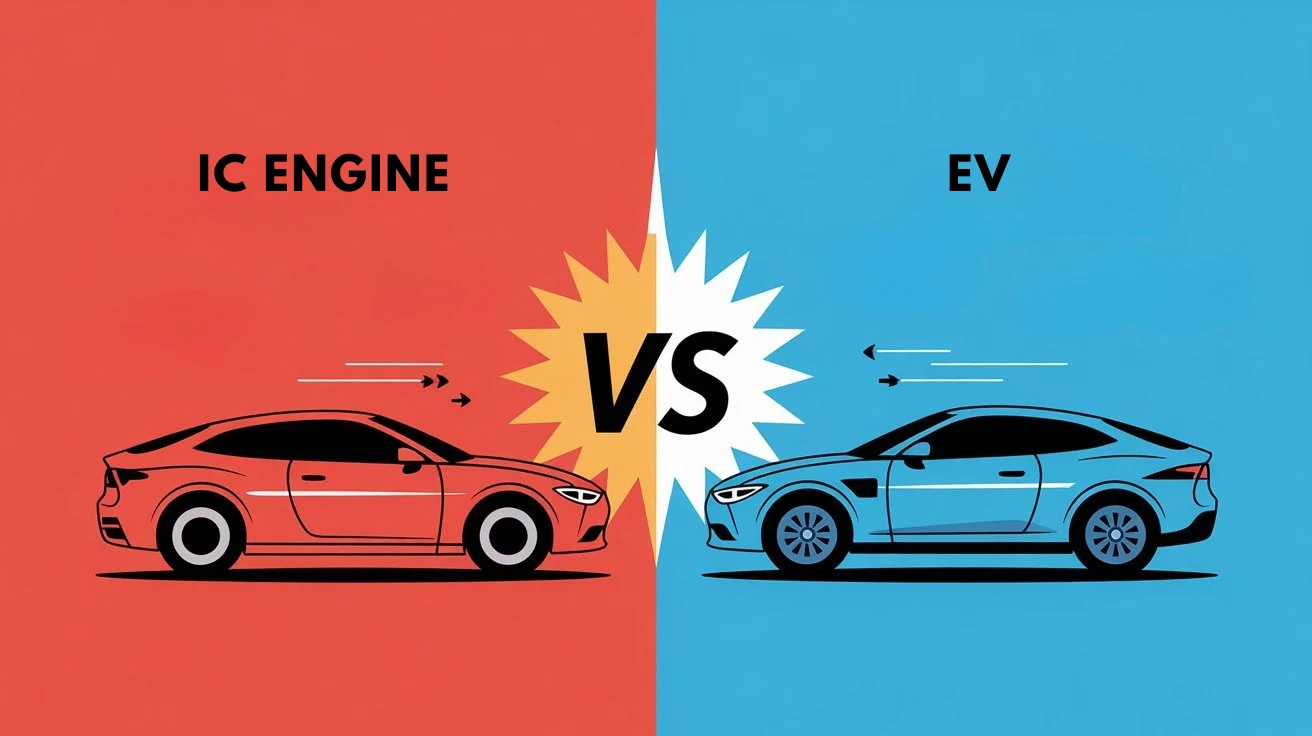
_1770886465.webp)

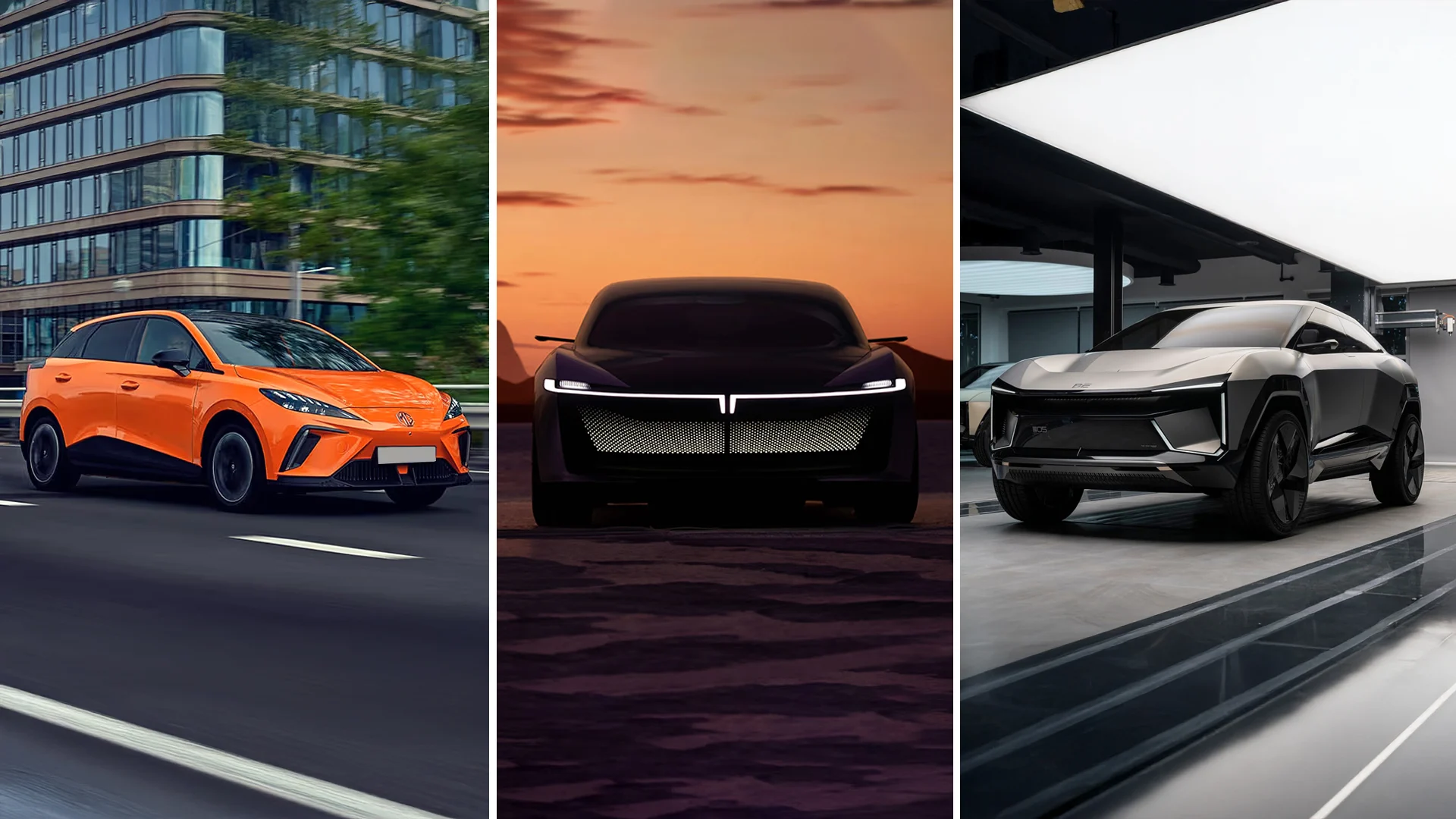
_1716799620.webp)

